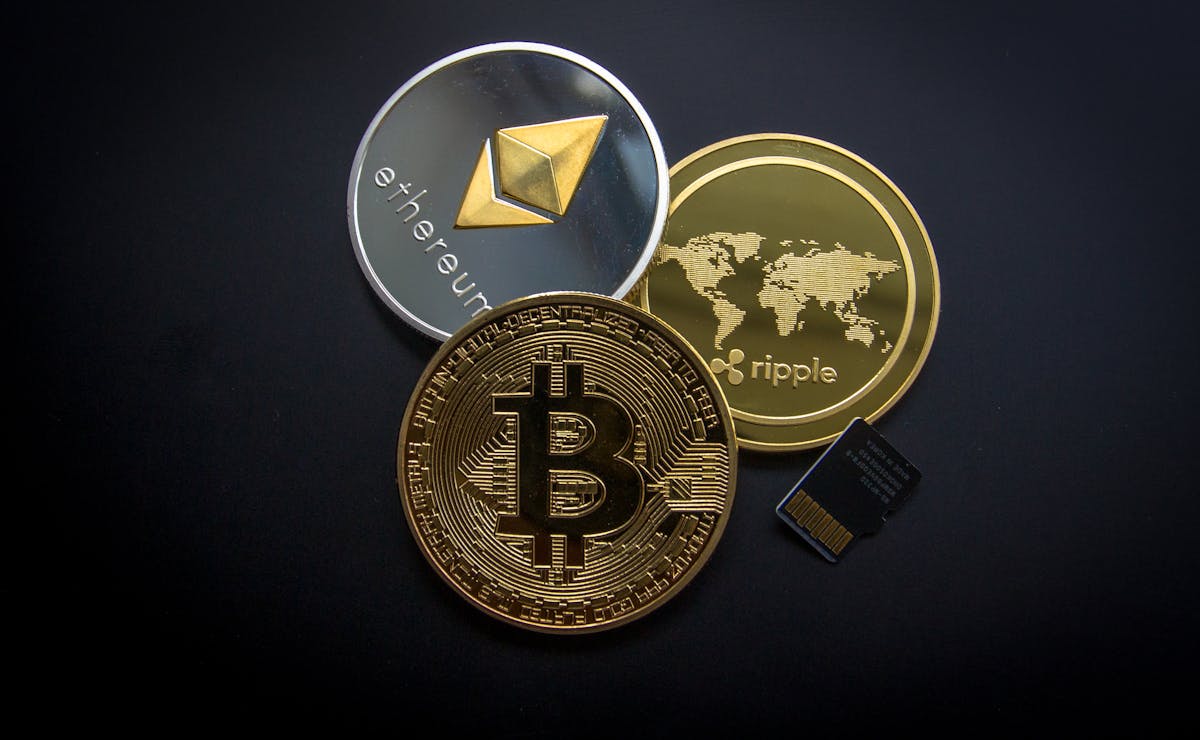While blockchain technology gained fame through cryptocurrencies like Bitcoin, its potential extends far beyond digital currencies. From supply chain management to digital identity verification, blockchain is revolutionizing how we think about trust, transparency, and data integrity.
Understanding Blockchain Technology
At its core, blockchain is a distributed ledger technology that maintains a continuously growing list of records, called blocks, which are linked and secured using cryptography. Each block contains a cryptographic hash of the previous block, a timestamp, and transaction data.
Key Properties
- Decentralization: No single point of control or failure
- Immutability: Once recorded, data cannot be easily altered
- Transparency: All transactions are visible to network participants
- Security: Cryptographic protection against tampering
Supply Chain Management
One of the most promising applications of blockchain is in supply chain transparency and traceability.
Food Safety and Traceability
Blockchain enables complete tracking of food products from farm to table:
- Origin verification and authenticity
- Quality control and safety monitoring
- Rapid contamination source identification
- Reduced food fraud and counterfeiting
Luxury Goods Authentication
High-end brands use blockchain to combat counterfeiting:
- Digital certificates of authenticity
- Ownership history tracking
- Resale value verification
- Brand protection
Digital Identity and Credentials
Self-Sovereign Identity
Blockchain enables individuals to control their own digital identities without relying on centralized authorities:
- Secure storage of personal credentials
- Selective disclosure of information
- Reduced identity theft risk
- Cross-platform identity verification
Educational Credentials
Universities and institutions are using blockchain to issue tamper-proof diplomas and certificates:
- Instant credential verification
- Reduced diploma fraud
- Portable academic records
- Lifelong learning tracking
Healthcare Applications
Medical Records Management
Blockchain can secure and streamline medical record sharing:
- Patient-controlled data access
- Interoperability between healthcare providers
- Audit trails for data access
- Research data integrity
Drug Traceability
Combating counterfeit medications through:
- Pharmaceutical supply chain tracking
- Authenticity verification
- Regulatory compliance
- Patient safety assurance
Real Estate and Property
Property Records
Blockchain can revolutionize property transactions:
- Transparent ownership records
- Reduced fraud in property sales
- Faster transaction processing
- Lower transaction costs
Smart Contracts
Automated contract execution for:
- Rental agreements
- Property sales
- Insurance claims
- Escrow services
Voting and Governance
Digital Voting Systems
Blockchain-based voting offers:
- Transparent and verifiable elections
- Reduced election fraud
- Remote voting capabilities
- Real-time result tracking
Corporate Governance
Organizations use blockchain for:
- Shareholder voting
- Board decision tracking
- Compliance monitoring
- Stakeholder transparency
Intellectual Property Protection
Patent and Copyright Protection
Blockchain provides timestamped proof of creation:
- Prior art establishment
- Copyright registration
- Licensing management
- Royalty distribution
Challenges and Limitations
Scalability Issues
Current blockchain networks face scalability challenges:
- Limited transaction throughput
- High energy consumption
- Network congestion
- Storage requirements
Regulatory Uncertainty
Evolving regulatory landscape creates challenges:
- Unclear legal frameworks
- Compliance requirements
- Cross-border regulations
- Privacy law conflicts
Future Developments
Interoperability
Future blockchain networks will focus on:
- Cross-chain communication
- Standardized protocols
- Seamless data exchange
- Unified user experiences
Sustainability
Next-generation blockchain solutions prioritize:
- Energy-efficient consensus mechanisms
- Carbon-neutral operations
- Green blockchain initiatives
- Sustainable development practices
Getting Started with Blockchain
For Businesses
- Identify specific use cases
- Evaluate blockchain platforms
- Start with pilot projects
- Build internal expertise
For Developers
- Learn blockchain fundamentals
- Choose development platforms (Ethereum, Hyperledger)
- Practice with test networks
- Join blockchain communities
Conclusion
Blockchain technology's potential extends far beyond cryptocurrency, offering solutions for transparency, security, and trust in numerous industries. While challenges remain, ongoing development and innovation continue to expand blockchain's practical applications.
As the technology matures and scalability issues are addressed, we can expect to see blockchain become an integral part of digital infrastructure across various sectors. The key to success lies in identifying appropriate use cases and implementing blockchain solutions thoughtfully and strategically.
